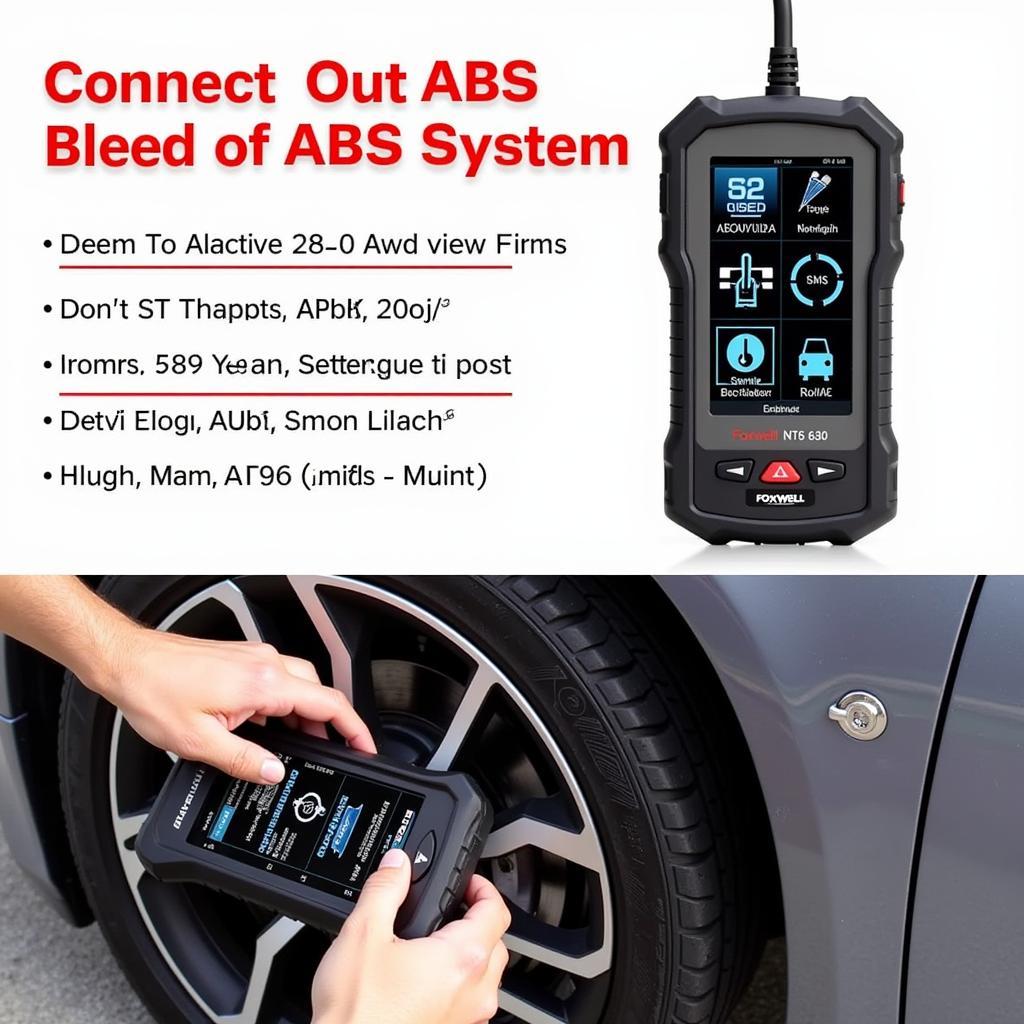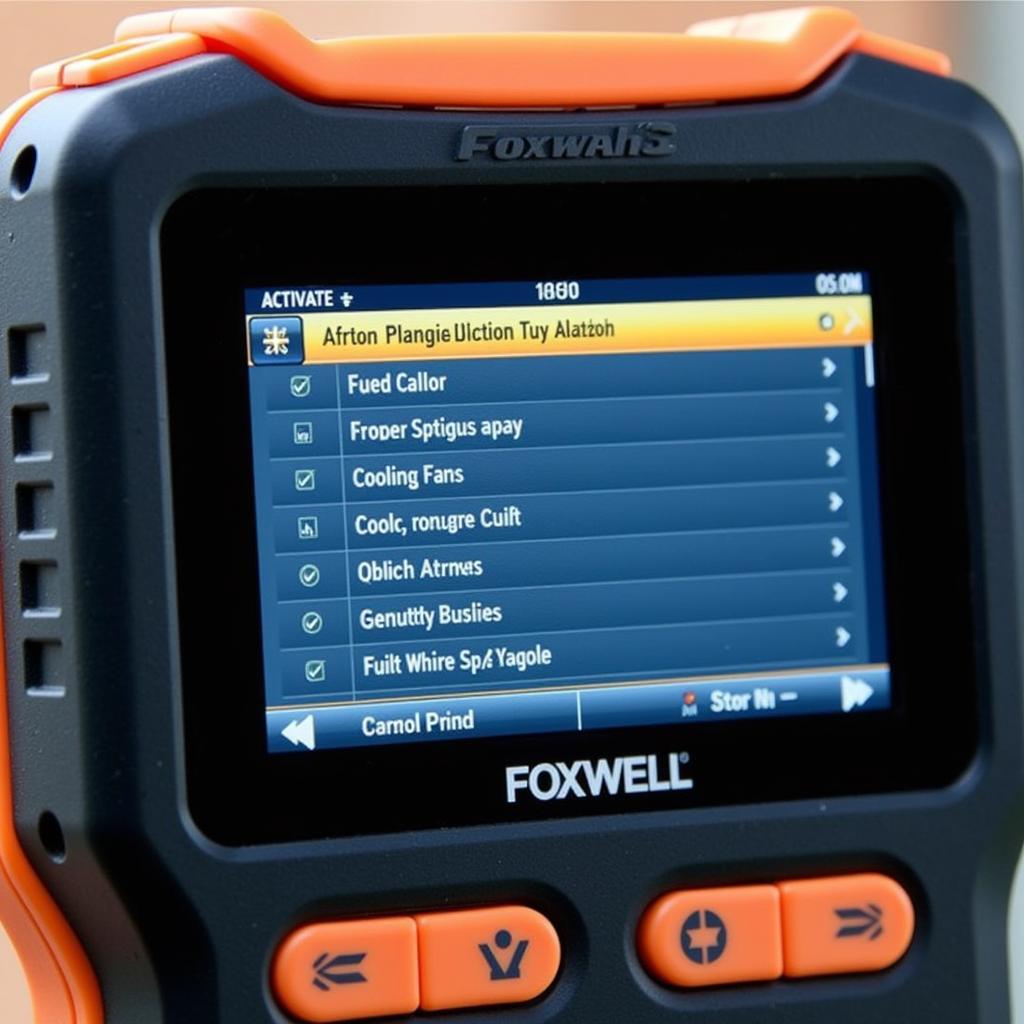The automotive industry is undergoing a rapid transformation, fueled by advancements in technology and software. This shift is profoundly impacting how vehicles are diagnosed, repaired, and maintained. The “Sarah Foxwell Documentary series” offers a compelling glimpse into this evolving landscape, highlighting the growing importance of specialized knowledge and equipment in modern auto repair.
The Shifting Paradigm in Auto Repair
Gone are the days when a mechanic could diagnose a car problem primarily through mechanical inspection. Today’s vehicles are complex machines, heavily reliant on intricate software, sensors, and electronic control units (ECUs). This means that even seemingly simple issues often require specialized diagnostic tools and a deep understanding of automotive software to pinpoint the root cause.
This paradigm shift presents both challenges and opportunities for car owners and repair shops alike. Let’s delve into some of the key takeaways highlighted in the Sarah Foxwell documentary series:
1. The Indispensable Role of Diagnostic Equipment
The documentary underscores the critical need for advanced diagnostic equipment in modern auto repair. Basic code readers are no longer sufficient to unravel the complexities of today’s vehicles. Instead, technicians require sophisticated scan tools capable of:
- Deep System Scans: Accessing and interpreting data from multiple ECUs.
- Bi-Directional Control: Interacting with vehicle systems to perform active tests.
- Advanced Coding & Programming: Updating software, configuring modules, and performing key programming tasks.
Investing in such equipment is not just an option but a necessity for repair shops aiming to provide comprehensive and accurate diagnostics.
2. Bridging the Knowledge Gap
The documentary emphasizes the importance of continuous learning in the ever-evolving world of automotive technology. Mechanics need to stay abreast of the latest advancements in vehicle electronics, software, and diagnostic techniques. This includes:
- Formal Training: Attending courses and workshops offered by reputable institutions and equipment manufacturers.
- Online Resources: Utilizing online forums, webinars, and technical databases to access information and connect with experts.
- Hands-on Experience: Continuously practicing and applying their knowledge to real-world repair scenarios.
sarah foxwell documentary series
3. Empowering Car Owners with Knowledge
While the documentary focuses on the professional side of auto repair, it also highlights the importance of empowering car owners with knowledge. By understanding the basics of vehicle electronics and diagnostics, car owners can:
- Communicate Effectively with Mechanics: Articulate their concerns clearly and understand the diagnosis and repair process better.
- Make Informed Decisions: Choose the right repair shop and avoid unnecessary or overpriced services.
- Perform Basic Diagnostics: In some cases, car owners can use readily available tools to perform basic diagnostics, potentially saving time and money.
Conclusion
The “sarah foxwell documentary series” offers a timely and insightful look into the future of auto repair. As vehicles become increasingly complex, the need for specialized knowledge, advanced diagnostic equipment, and ongoing training becomes paramount. By embracing these changes, both car owners and repair professionals can navigate the evolving landscape of modern auto repair effectively.
For all your automotive diagnostic equipment needs and expert advice, contact ScanToolUS at +1 (641) 206-8880 or visit our office at 1615 S Laramie Ave, Cicero, IL 60804, USA.


